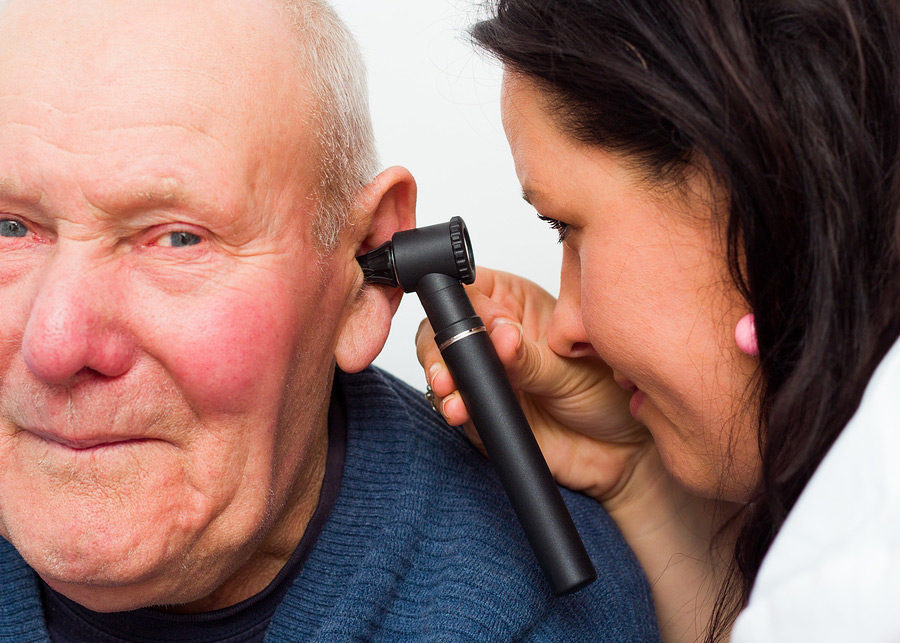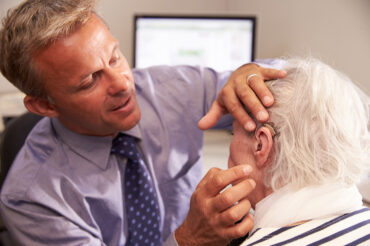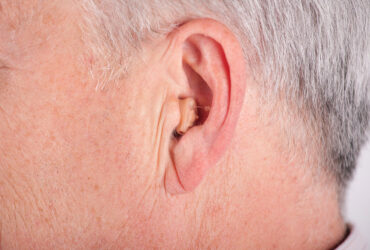The physical process of hearing is a marvel – wonderful sounds like music, conversation with loved ones, waves crashing on shore and more are picked up by our ears and transmitted to our brain for processing.
As we age though, our ability to hear the sounds around us starts to fade. The decline is worse for some than others, but one common fact of aging is your hearing will likely start to decline. Over half of people over the age of 60 have some level of hearing loss.
Medically speaking, age-related hearing loss is called presbyacusis. It typically sets in over a long period of time and affects both ears equally. For most, the decline in hearing primarily affects sounds that are high pitched and high frequency. For example, a ringing telephone or birds singing may become harder to hear.
The big question though is why does age-related hearing loss happen?
The reasons for age-related hearing loss vary far and wide. It is believed that older people develop hearing loss because the nerve cells that transmit sounds to the brain don’t work as well.
That much is clear, but what isn’t clear is why it happens in the first place.
The exact cause of presbyacusis is not known, but it’s likely caused by a combination of several factors, including noise-induced hearing loss. Patient.info provides a list of some of the more common reasons:
- The blood vessels that supply the cochlea become narrower and harden (arteriosclerosis)
- Buildup of ear wax
- Exposure to excessive noise over a long period of time
- Exposure to certain chemicals your body cells produce
- Taking certain medications
- Smoking
- Being overweight
- Genetics – if hearing loss runs in your family to start with, your chances of having it are pretty high.
It may take a long time for you to notice hearing loss, but when enough of the nerve cells are damaged or destroyed, you will eventually be able to tell you’re suffering from hearing loss.
Many expect today’s younger generation to suffer bad hearing loss later in life because of headphones.
According to a recent report from the World Health Organization, approximately 1.1 billion people are putting their hearing at risk because of exposing their ears to unsafe levels of noise through their headphones. Over half of 12- to 35-year olds in the developed world expose their ears to unsafe sound levels.
Nearly 40% of this same age group exposes their ears to potentially damaging sound levels at music concerts and other social venues.
To minimize the risk to their long-term hearing, the WHO suggests teens and young adults limit their headphone use to one hour a day. They also recommend not spending more than 8 hours (…working or otherwise) in loud places like clubs and large sporting events (85+ decibels).
Headphones are typically used at a volume of 110+ decibels according to the National Institutes of Health whereas normal talking ranges anywhere from 40-60 decibels.
Will age-related hearing loss just get worse in the future? Only time will tell.






